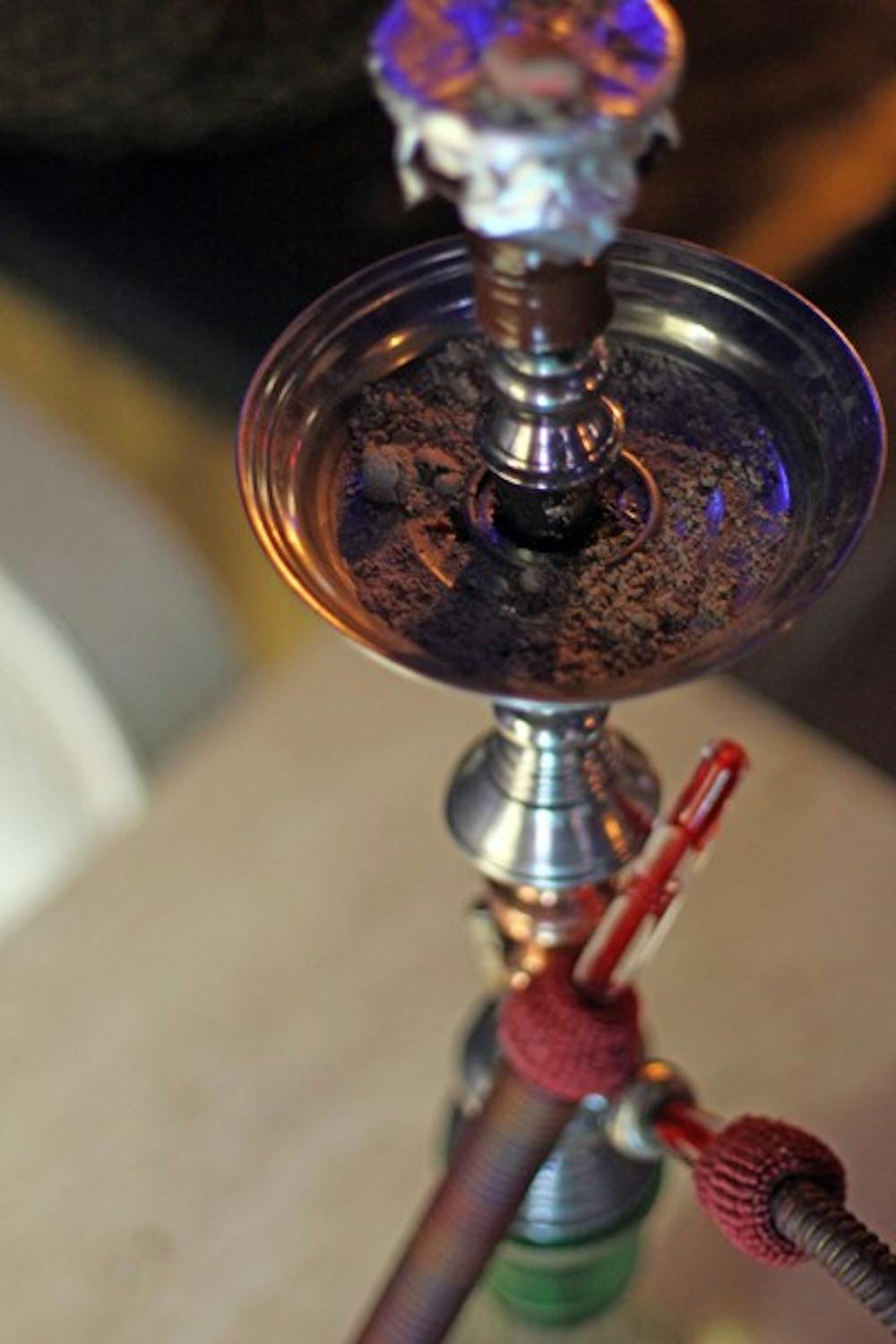Arizona Rep. Kimberly Yee, R-Phoenix, has recognized hookah smoking as a public safety concern to minors.
Yee is sponsoring a bill in the House founded upon the health dangers of hookah smoking, a social activity that has become popular among young people. The bill would redefine current laws on tobacco products to include hookah tobacco, as well as pipes used to smoke hookah, in the list of prohibited substances minors may possess or purchase.
"Hookah smoking is not specified in our current statutes, which is why I felt the need for that clarification," Yee said.
The bill was written after two years of collecting research from the American Lung Association, Centers for Disease and Control, World Health Organization and Mayo Clinic, Yee said.
"This bill is about creating safer public health standards for our teenage population and sending a clear message that hookah smoking is not a safer alternative to smoking cigarettes," she said.
Research indicated that hookah consumption is high among teenagers and college-aged individuals, and it can lead to habitual use of other tobacco products, Yee said.
"Data shows young people appear to be the fastest growing population of hookah users," she said. "Reports show the odds of a teen experimenting with cigarettes are more than eight times greater if they have ever smoked a water pipe."
Hookah smoking is generally done in a social setting for 45 minutes to one-hour, Yee said.
Not only does hookah smoking include a greater depth of inhalation than cigarette smoking, but it can be linked to the same health issues that prolonged use of cigarettes can cause, Yee said.
"Hookah smoking is linked to cancer of the lung, bladder, stomach and oral cavity and other serious disease and illnesses," she said.
Besides the risks involved with smoking hookah, research cites that other dangers exist in the shared mouthpieces that is typical to a session of hookah smoking, Yee said.
"Another public health concern is the increased risk of infectious diseases such as tuberculosis and viruses such as hepatitis and herpes due to the use of sharing a hookah with the same mouthpiece passed from person to person," she said.
Director of ASU Health Services Allan Markus said a student health survey between 2009 and 2011 found that about 65 percent of students had never tried hookah.
The survey also stated the percent of students that had smoked hookah within 30 days of the survey had decreased from 9.6 percent to 7.9 percent in two years, Markus said.
"Maybe people are starting to recognize that hookah is not a safer alternative to smoking cigarettes," he said.
Biology sophomore Melissa Brisbin, though not opposed to hookah smoking, believes it's something that ought to be done in moderation if it is done at all.
"People should keep it to a minimum," Brisbin said. "But on a night out with some friends, go for it."
Reach the reporter at dgrobmei@asu.edu
Click here to subscribe to the daily State Press newsletter.





